The Serbian-Croatian border is a hotspot for migration movements today. This journalist works there as a volunteers, helping people in search of a safe life.
Sofia is a journalist who specializes in communicating armed conflicts, peace and social movements. At present she is a member of the NGO No Name Kitchen (NNK) in this area of the Balkans, which is especially critical as it’s one of the gateways into the European Union.
What reasons led you to become part of the NGO No Name Kitchen?
For a number of years I have taken an interest in topics such as refuge, human rights and the freedom of movement and I had previously worked on these themes in different places, but I’d never been to the Balkans. I knew this was a critical area because of police violence against migrants on the doorstep of the European Union and, searching for associations working on the ground, I came across No Name Kitchen; I liked the project and decided to get in touch.
Tell us about the problems on the Serbian-Croatian border...
In terms of migration movements, right now this is a hotspot because it is one of the gateways into the Schengen zone. The European Union’s racist policies lead to physical and psychological violence against people who are seeking asylum in the European continent and the impasse in which these people are trapped in Serbia is critical.
What are your main tasks in this area?
At Sid, No Name Kitchen provides breakfast, dinner, hot water showers, hygiene products and medical care to refugees living in an old abandoned factory on the outskirts of this town.
Some days ago you were explaining that a number of volunteers, including yourself, were arrested by the Serbian police. Why don’t they let you work at peace in this area?
Organizations working for the freedom of movement of migrants are seen as an inconvenience by European forces because we signal the human rights’ violations by the institutions.
In this regard, what role should the European institutions play in this conflict?
Firstly, they should respect human rights and the right to asylum. Very often migrants are deported, even when they have claimed asylum to the authorities, and this is completely illegal and must be denounced.
What is the hardest part as a volunteer living this experience in these types of conflicts?
Witnessing all the injustice with impunity committed by the European institutions, seeing the daily institutional and social racism; the indifference of so many people when confronted with such a tough reality as the closure of borders...
And what is the most comforting aspect?
Perhaps the nicest part is being able to talk to all those persons we share experiences with, the human dimension and meeting people who are committed to fighting for the same cause as you.
Would you say someone who wants to do volunteer work in a problematic area need to be especially prepared, especially psychologically?
I think these are tough experiences and, of course, they have an impact personally. Nevertheless, this reality exists and, therefore, it cannot be ignored and I believe anyone who wishes to do so and is committed can volunteer. With time, you learn from your mistakes.
How do you see the future of these people who are searching for a safe future and are now trapped due to the closure of the boarders and the bureaucratic processes?
Here we are filled with joy when a refugee sends us a message to let us know that they have reached Europe, but when I think about it, I feel frustration when I remember that, although they are happy because they have made it to Italy, France, Germany or Spain, the reality they will be met with is so harsh. The asylum system in Europe is racist and, in many cases, inhuman. Not to mention the psychological trauma behind migration and that this isn’t treated adequately or given the importance it deserves.
To conclude, how do you think this type of experience changes a person?
For me, this type of experience make you be more aware of what is really happening in the world, and after experiencing this it is virtually impossible to give up the fight for this cause. The Earth belongs to us all and we should all be free to move around it.

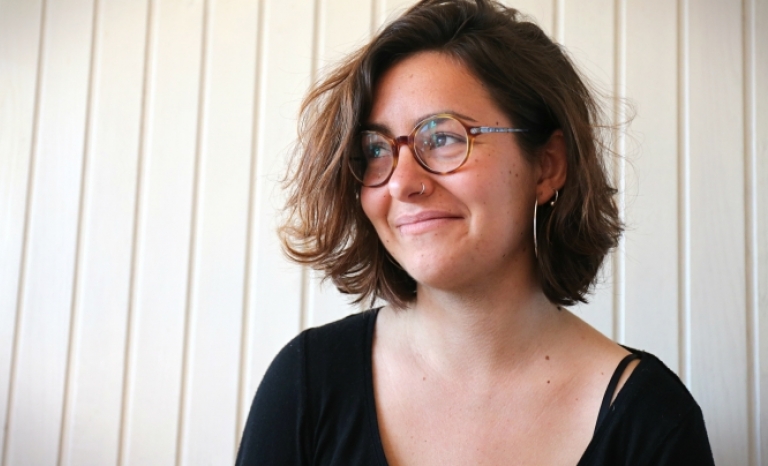
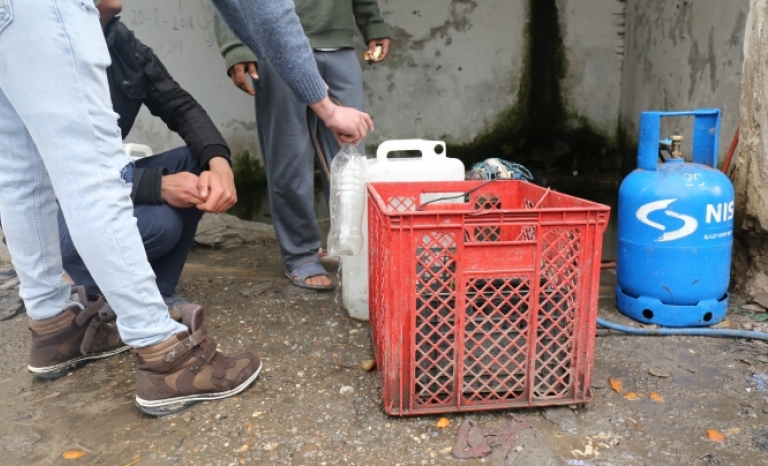
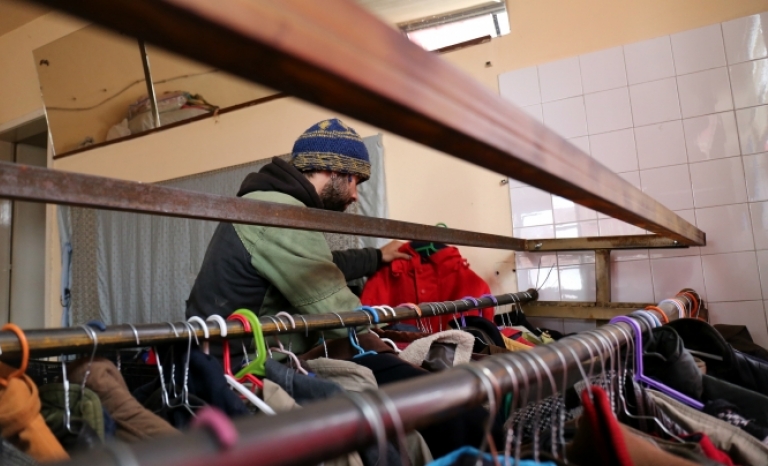
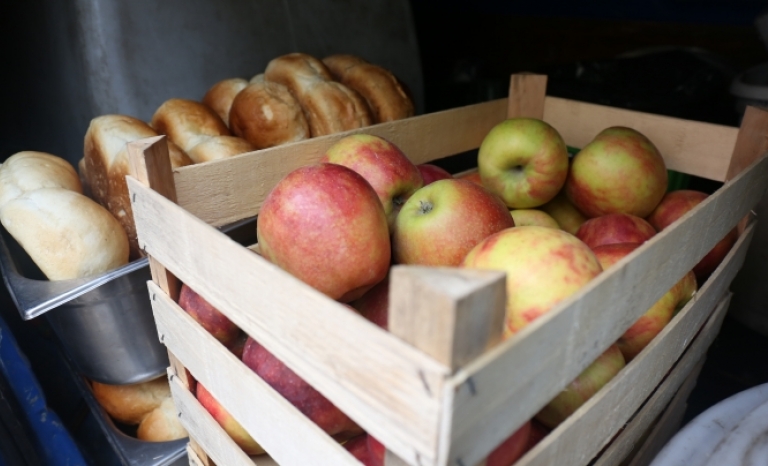
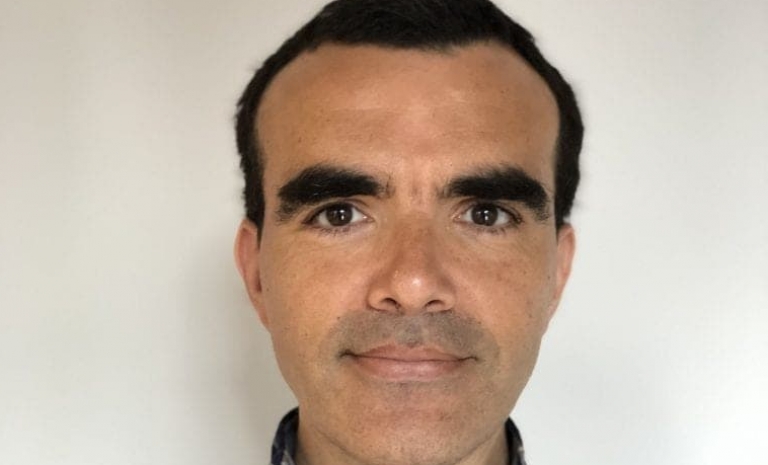
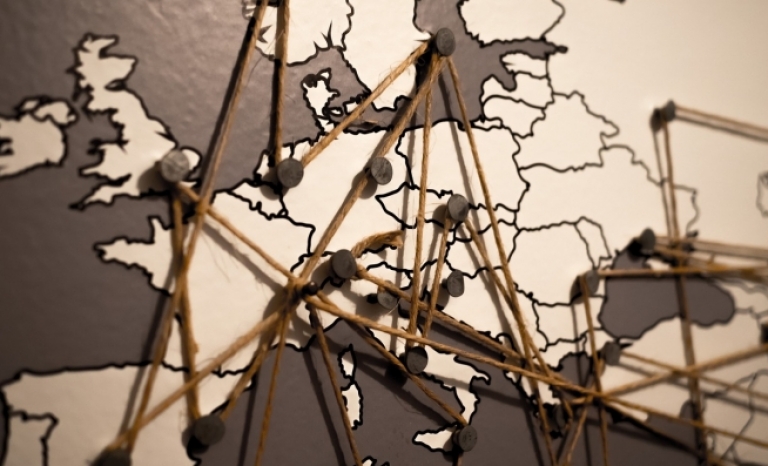
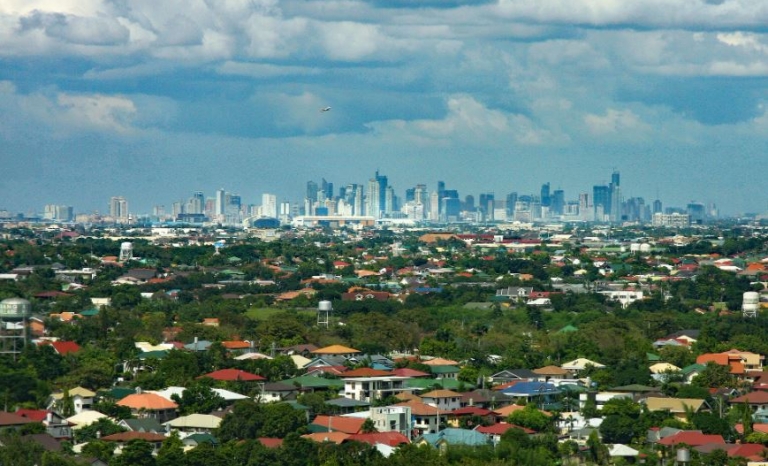
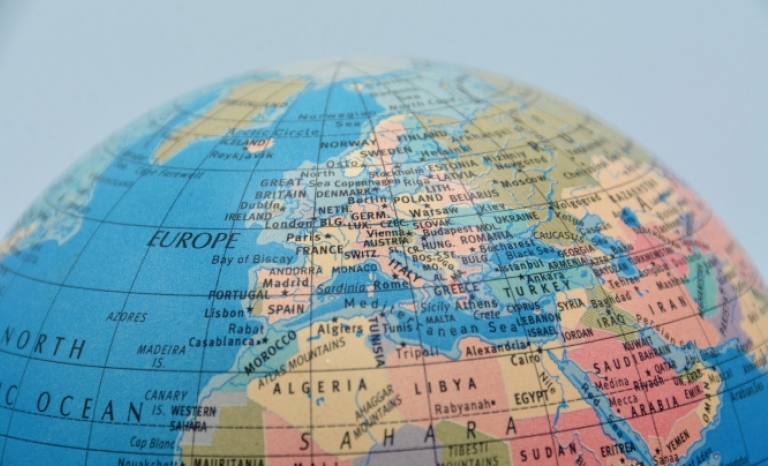



Add new comment